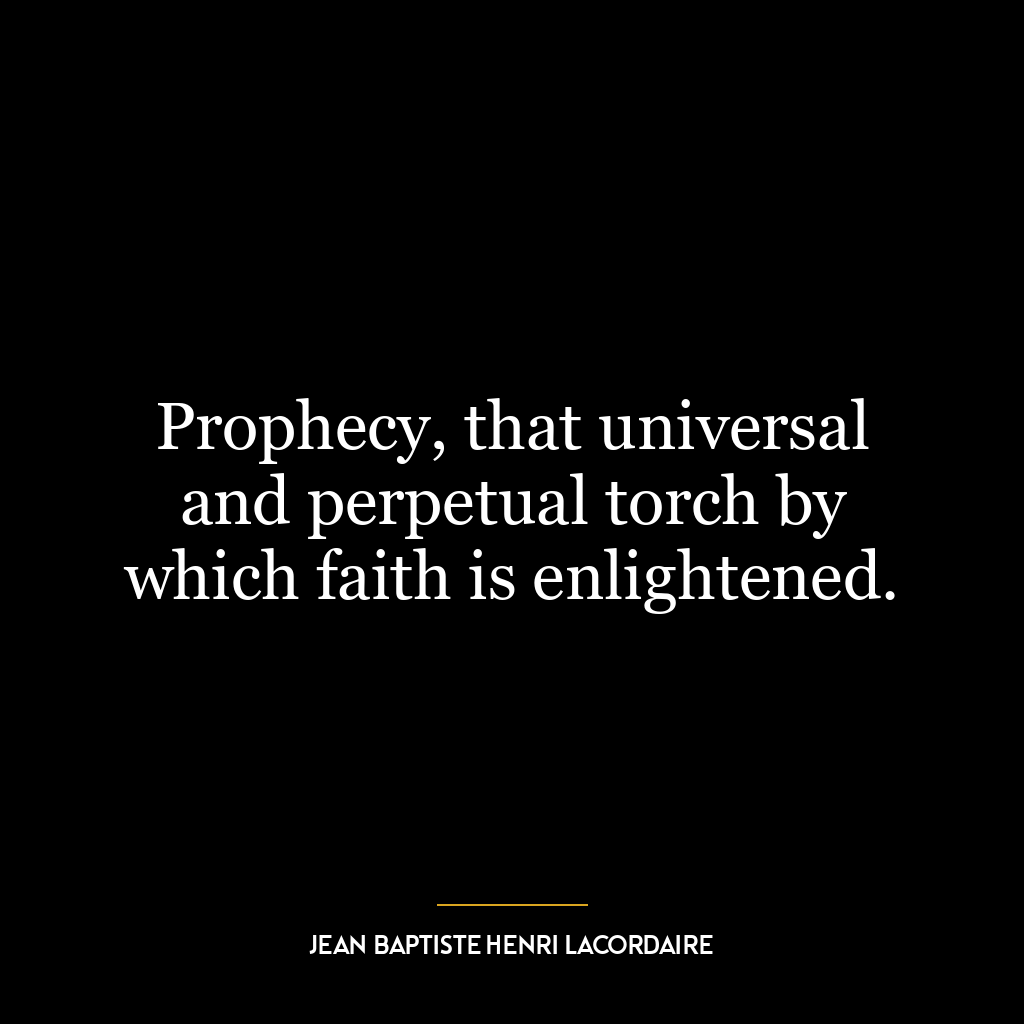The Buddha is not a person but a (state of) realization to which anyone can attain.
The quote “The Buddha is not a person but a (state of) realization to which anyone can attain” suggests that the term ‘Buddha’ does not exclusively refer to an individual, but rather, it represents an enlightened state of mind that is accessible to all. It implies that anyone, regardless of their background or circumstances, can achieve this level of spiritual enlightenment and self-realization.
In essence, the term ‘Buddha’ symbolizes a condition of absolute knowledge and wisdom. It’s about reaching a state where you have profound understanding and awareness about yourself and the world around you. This state isn’t confined to any specific individual or entity; instead, it’s universal – open for everyone willing to commit themselves towards achieving it.
Applying this concept in today’s world or personal development could mean striving for self-awareness and enlightenment in our actions. We often get caught up in materialistic pursuits forgetting our potential for inner growth. The idea here is not necessarily religious but more philosophical – encouraging us to seek wisdom, understanding and peace within ourselves rather than looking outward.
This could mean practicing mindfulness, being fully present in each moment instead of dwelling on past regrets or future anxieties. It might involve cultivating compassion for oneself and others; recognizing shared human experiences rather than focusing on differences.
Furthermore, this quote may inspire individuals towards personal growth by suggesting that we are all capable of reaching higher states of consciousness – we just need dedication and commitment. This idea encourages us to keep learning throughout life as part of our journey towards self-improvement.
Swami Vivekananda’s statement invites us all into a journey within ourselves – one where we strive for enlightenment by seeking truth beyond superficial realities while embracing compassion towards ourselves and others – ultimately leading us closer to becoming ‘Buddhas’ in our own right.










